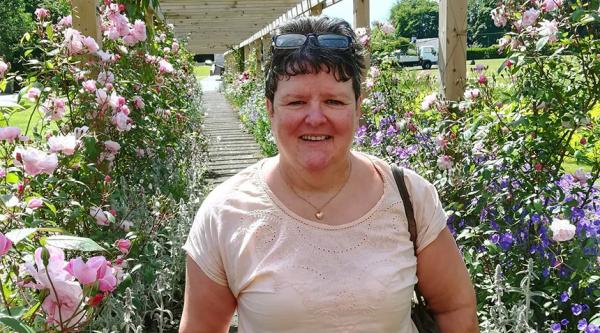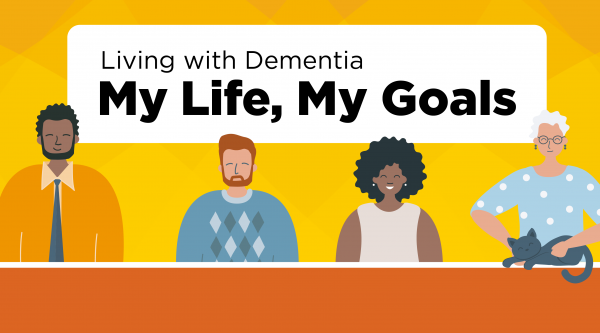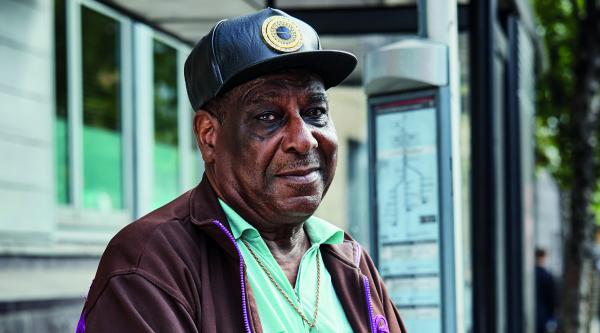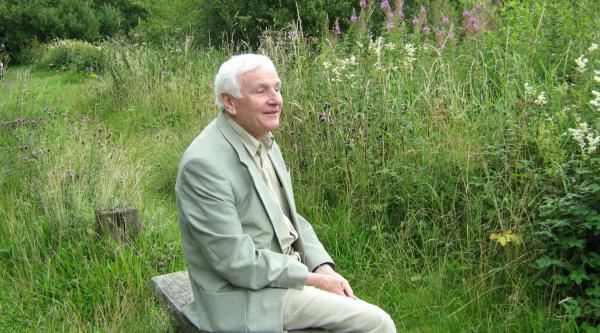Explaining dementia to children and young people
Finding out that someone close to you has dementia is difficult. Children and young people, who may not fully understand what dementia is or how to cope with their emotions, may need extra support.
Explaining dementia to children and young people
- You are here: Explaining dementia to children and young people
- How to involve children and young people
- How children and young people respond when a person has dementia
- Ways you can support children and young people when a person has dementia
Explaining dementia to children and young people
It is natural to want to protect children and young people from difficult situations, but they are often aware of unusual atmospheres or tensions. Telling them as soon as you’re able to will help them to understand and possibly cope better.
When you explain what dementia is and what is happening, try to be as clear and calm as possible. Use language and descriptions that the child or young person can understand. It can also be helpful to talk about the type of dementia the person has and how it usually affects people.
Try to get a sense of how much detail they can cope with. Then explore any concerns and worries. Remember, they may be struggling with various life changes and challenges, including puberty, preparing for exams, dealing with friendship or relationship issues and social media pressure.
Try to imagine the situation from their point of view, and ask the child or young person to share their feelings with you. Listen carefully to what they have to say. This is an important part of supporting them; listening can sometimes be more valuable than talking.
In my experience, it’s better to be honest and take small steps with information as our children often are more aware than we realise! Linking in with their pastoral/well-being team at their school may also be helpful when the time is right.
Family member of a person with dementia.
Tips for talking about dementia
Here are some key things to keep in mind when planning those conversations:
- Allow them time to say how the changes are affecting them.
- Think about their relationship with the person with dementia. This will help you find out if they are worrying about something specific.
- Try to find out what they think dementia is. If they’ve misunderstood something or taken it the wrong way, try to give them clear information about dementia so they understand it correctly. Let them know that there is no ‘right’ way to feel. Say that they can speak to you whenever they need to, without being judged.
- Encourage them to ask any questions. Let them know that they can always talk to you. You could also set aside a regular time to talk or do activities together when they can speak with you alone.
- Acknowledge things that are happening that might seem strange. This could include the person with dementia forgetting where they are, or not recognising family members. The person may also say and do inappropriate things. The child or young person may have noticed this.
- Focus on the things that the person with dementia can still do. Explain the things that are more difficult for the person. Mention any examples of ways you’ve helped the person to adapt.
- Try to be patient. You may need to repeat your explanations on different occasions. The young person or child may take in different information at different times. This will depend on their age, personality and level of understanding.
- Give them plenty of emotional support. This can be through caring words or gestures, and hugs where appropriate. Reassure them that they are not alone and that you are all in the situation together.
- Don’t be afraid to use humour if it feels right at the time, for that person. It often helps if you can laugh together.
- Use books, online videos and podcasts. These can help describe what dementia is after you’ve had a conversation. They can also help explain difficult situations and what the person with dementia may be experiencing.
Consider age and maturity
Every child and young person is different. Even children of similar ages will vary in their emotional development, understanding, and awareness of situations. They have different experiences, outlooks and personalities. Sometimes a young teenager has more maturity than an older one.
The following approaches give guidance for general development stages and may help guide you in these conversations. However, you are the best person to know how the child or young person close to you may respond when you talk to them about dementia.
Need help explaining dementia?
If you need more information on dementia to be able to explain things, see our page What is Dementia?








Young children may not understand the concept of ‘dementia’. They may not have heard the word before or may have an incorrect idea about it. For these children, it can be helpful to focus on the things they might have noticed. This could be the person with dementia forgetting their name. You could then use this as an example of how the person is not very well.
Simple videos or pictures can help explain dementia to children at this stage. There are also books for younger children that aim to increase understanding about dementia and how they can help.
It is also important to focus on what the person is still able to do and how they are still the same person.
Older children might have heard of dementia. They may have some understanding of the condition already. They may even have seen it discussed or portrayed in the media, including social media.
It can be helpful to ask what they know about dementia, and whether they have any worries about it. Then give a clear, simple explanation to be sure they understand. They are likely to have more questions than younger children.
Teenagers will vary a lot depending on their general level of maturity. Their own experiences and what else is going on in their life will form a part of this. This might include exams or starting a new school or university. Life can be confusing and challenging as they become adults.
Body changes, developing romantic relationships and problems with friends can bring strong emotions. These can all affect how they communicate and behave with people around them. This will also affect how you talk to them about dementia.
Teenagers are likely to be able to grasp what dementia is. They might understand how it is affecting the person with dementia and other family members. However, with this awareness, they may need more emotional support than younger children.
Written information can be useful for teenagers. They may read about it themselves on their smartphones. Bear in mind that there is a lot of misinformation online, including on social media. Encourage the teenager to ask you questions about anything that has worried them, or if they have any further questions.
Age-appropriate films, or television programmes about dementia, can also be useful. Although it is often advisable for you to watch them first. It is important to let teenagers take the lead on what information they would like and how they want to receive it.